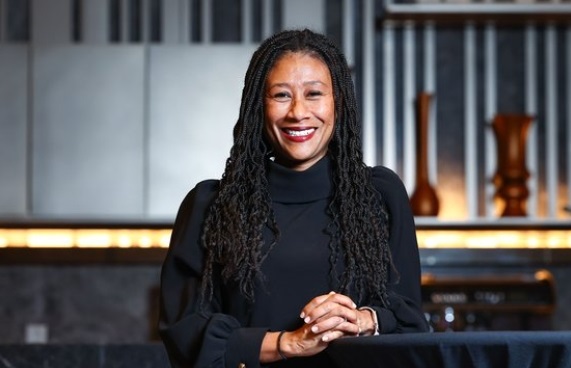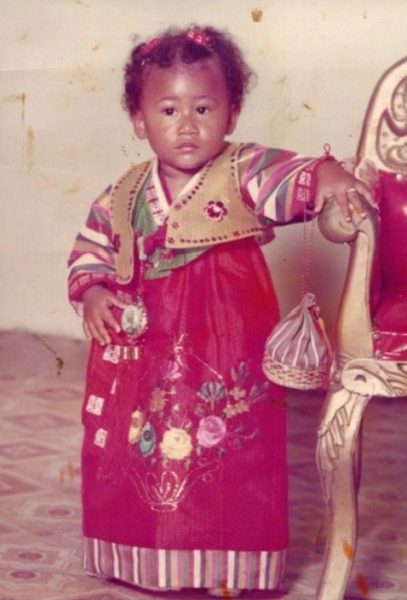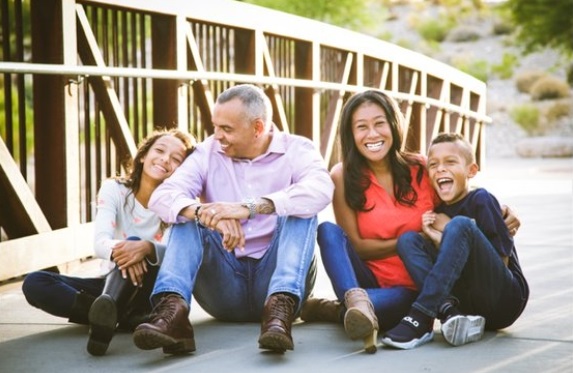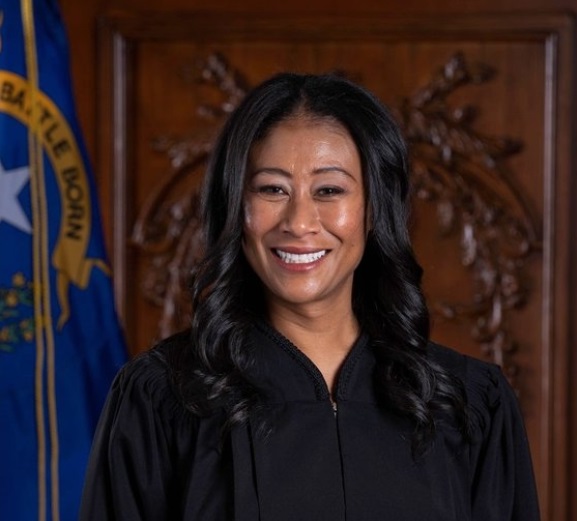In 2022, a woman shook up the state of Nevada. Patricia Lee, 49, is the first Asian American woman in the state’s history to be appointed to the Supreme Court Justice. She was born to a South Korean mother and a U.S. military father. In her application to the Nevada Commission on Judicial Selection, Lee described herself as a “biracial woman who was born in a foreign country, was homeless, poor, and had an abusive childhood.”
Among the seven justices on the Nevada Supreme Court, Lee’s story is particularly unique. On August 20, Lee attended the 10th Global Korean Politicians Forum, hosted by the Overseas Korean Cooperation Center, a division of the Overseas Koreans Agency. This was the first time in 45 years that she came to Korea after when she left at the age of 4. She compared her life story of a homeless young girl, who became a Supreme Court justice to a diamond. “Pressure makes diamonds,” Lee said.

-What was your childhood like?
“My parents got divorced when I was 8 years old because of my alcoholic father. I took my two younger siblings and acted as the head of the household for my mom, who didn’t speak English. I first got to know the law when I helped my mom fill out the paperwork for SSI. We were so poor that we lived on the streets and moved from shelter to shelter for abused women. I remember there were always cockroaches crawling under my bed.”
-How did you overcome it?
“My childhood was painful, but I didn’t see it as a barrier to my whole life. I ran away from home at 15 after being abused by my mom’s boyfriend. I went ‘couch surfing,’ bouncing from friend to friend, sleeping on couches. But I decided to use my external misfortunes to fuel my growth instead of letting them hold me back, and I worked really hard. I was afraid that I would end up like my parents and disappoint my friends’ parents, who were always willing to help, so I pushed myself harder.”

Lee credits the U.S. government’s Upward Bound Program, a scholarship for low-income youth, for helping her get to college. The program is designed to help young people who make less than a threshold income and whose parents did not go to college attend college.
“They helped me get into college without parental support with tutors for each subject, summer school, and preparing college admissions,” said Lee. “I recently attended a legal conference and the majority of the 130 African-American judges in the room were from this program. I wish there were programs like this everywhere. It was a ‘game changer’ for me and many others.”

“As I tried to give back, more opportunities came my way.”
While “couch surfing,” Lee served as student president and cheerleading captain in her senior year of high school and graduated with top honors. Lee attended the University of Southern California (USC), where she majored in psychology and communications, and George Washington University Law School, where she became a lawyer. Lee then worked as a partner at the law firm Hutchison & Steffen in Las Vegas. This is when she turned her attention to pro bono publico, or free legal services.
“It made sense to me to give back as much as I received, and I wanted to be able to tell my kids, ‘Mommy helped a friend your age,’ rather than saying, ‘Mommy took a case for how much,’” she said. For her work, Lee was awarded the American Bar Association’s 2013 Pro Bono Publico Award.

Lee said she wanted to tell young people who are facing a difficult life. “The reason I first revealed my past when I applied to the Supreme Court Justice was to tell them you can do it just like me. It’s okay if you didn’t start perfectly. What matters is that you pass the finish line. Opportunity will come to you if you live and work hard. Take control of your life and don’t sink into misfortune, but move forward positively.”
BY EUNHWA HAN, HOONSIK WOO [onhwa@joongang.co.kr]




